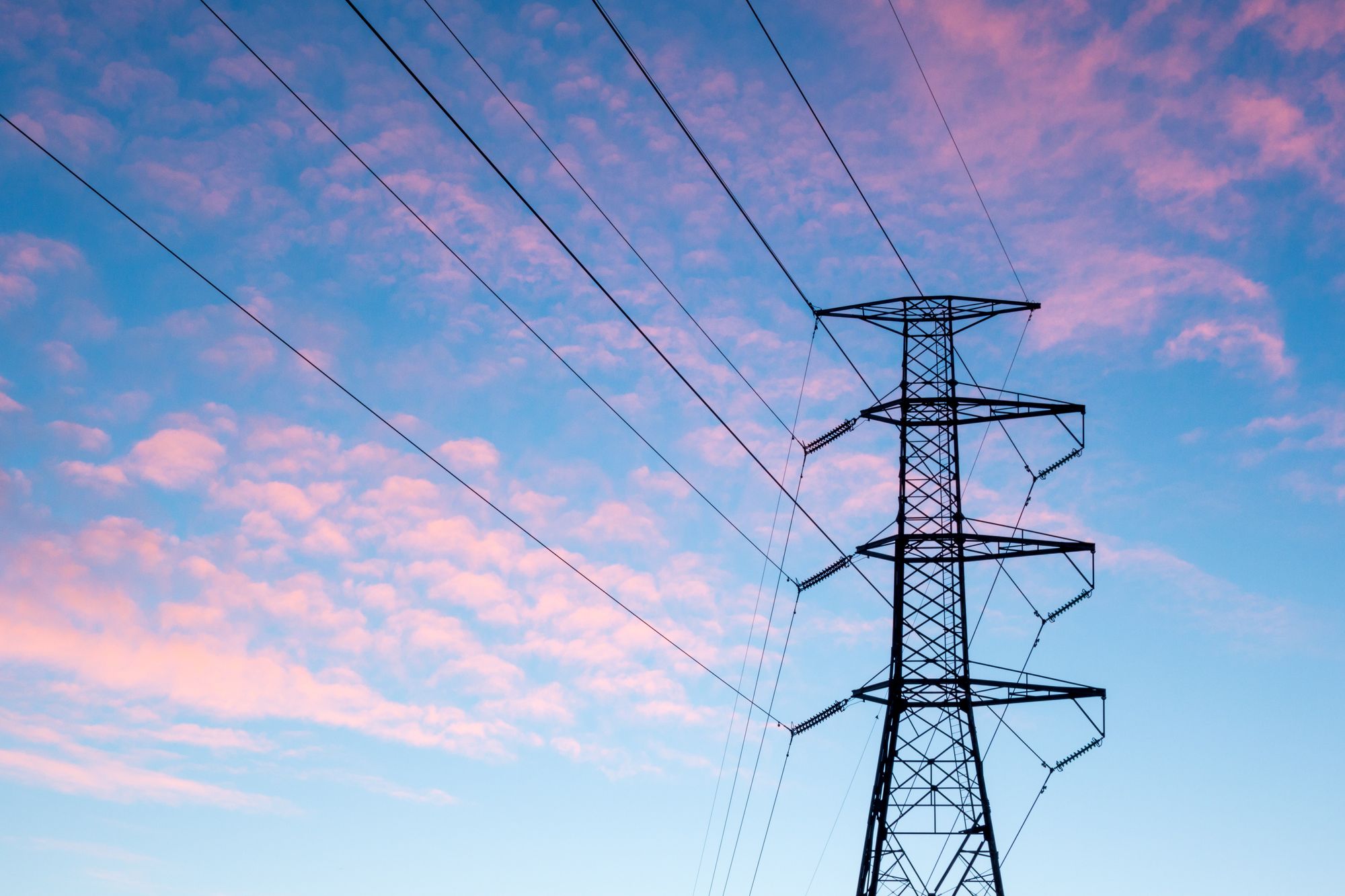The subject of Michigan's EV potential and upgrades to the statewide grid was discussed in a December webinar hosted by Matt Roush of Crains' and ITC Holdings.
President of ITC Holdings Simon Whitelocke opened the roundtable, pointed out how electric vehicles mark a jumping off point. 30% of Michigan cars are expected to be fully electric by 2023. Whitelocke highlighted the Midcontinent Independent System Operator (MISO) - a long-term transmission plan which includes 18 new projects across the MidWest, including two in Michigan. 100 miles of new transmission will be built in the state.
Lansing-based Kyle Melinn of Michigan Information & Research Service (MIRS) spoke next and raised the bipartisan nature of electrification. Barriers are put up when projects like new wind generation become politicized. For example, in 2018 local officials in Faregrove were recalled from office for not supporting a moratoriam on projects. The state should get involved when there is a crisis situation - Melinn points out intervention when road construction companies complained that they were short on aggregate because of the small allocation of gravel mines.
Maureen Krauss of Detroit Regional Partnership spoke to the importance of the grid to economic development. Of the 200 planned projects, 70% are in the EV or battery space. Facilities that are constructing the new electrification facilities still have a problem - you have an available site, but it can take three years to get electricity to it. The upskill talent requirement is required, with vacancies emerging towards high skill roles in smart manufacturing.
Clean Fuels Michigan's Jane McCurry mentioned Nevi and the emerging e-corridors in the state, thanks to $110M in funding. 10,000 DC fast chargers are required, as well as 90,000 Level 2 charging ports. We’re 5% of the way there, McCurry points out, with only one commercial vehicle training site.











Member discussion